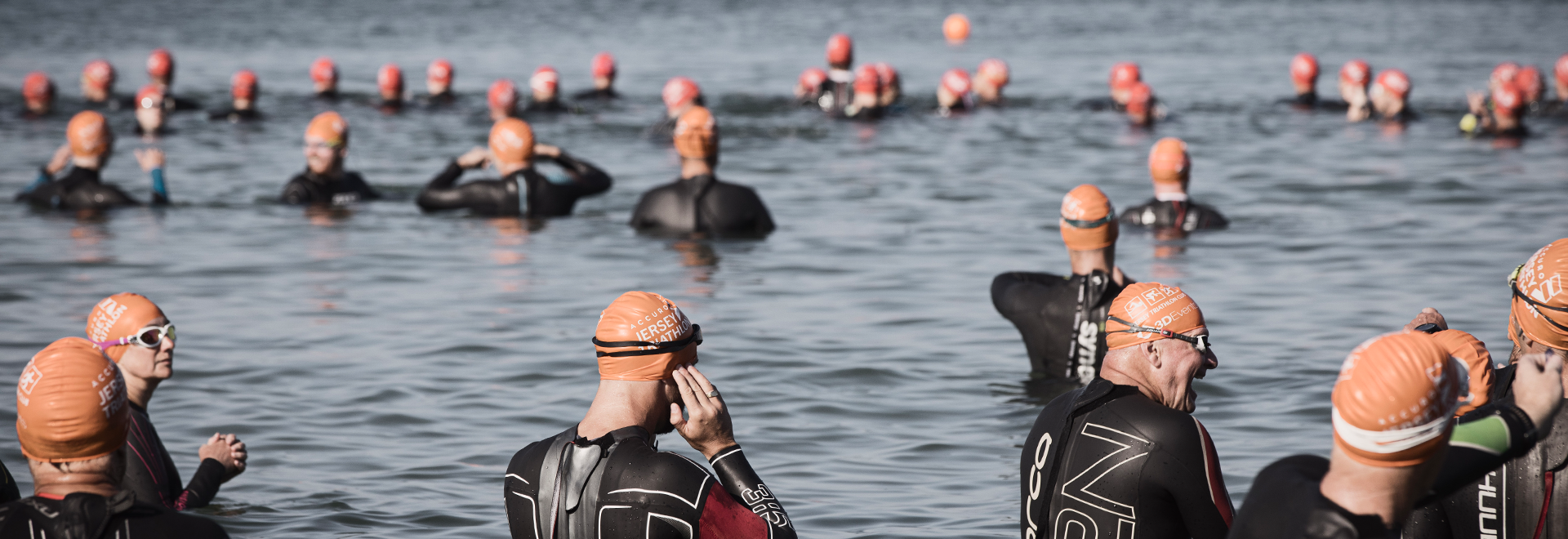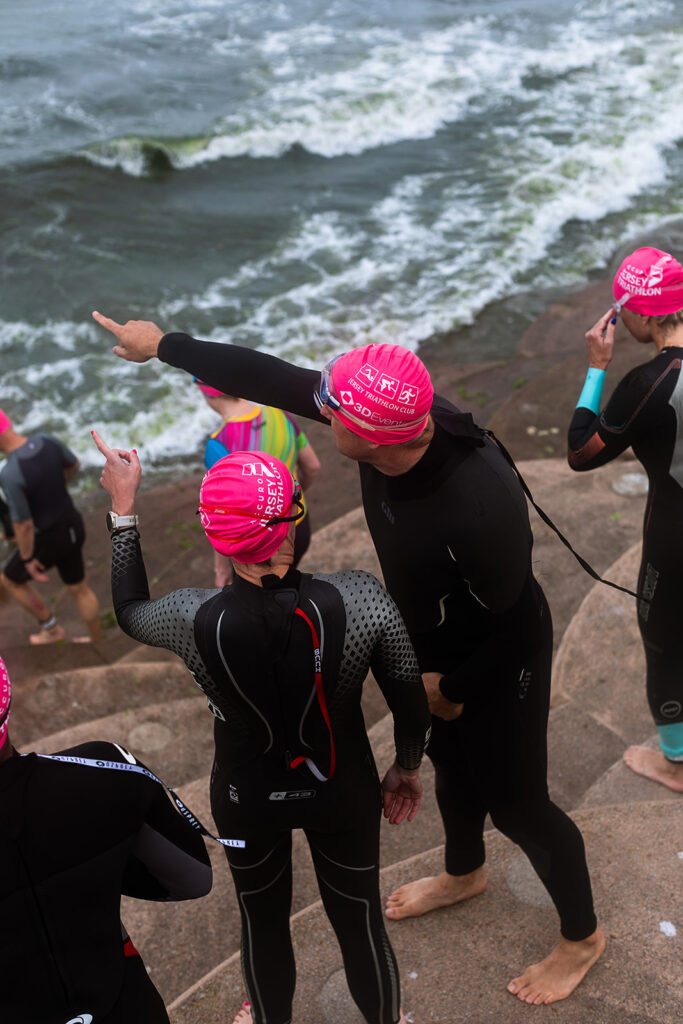Opera announces global expansion through the acquisition of Accuro

Wednesday 1 October, 2025
Opera Group Limited, a privately held company of fiduciary, corporate and fund administration businesses majority owned by Stephen Lansdown CBE, is pleased to announce the addition of Accuro, subject to regulatory approval.
A strategic milestone for Opera
Opera’s fourth acquisition marks a major milestone given Accuro’s reputation as one of the leading private wealth specialists, its 220 people multi-jurisdictional platform across Geneva, Jersey, London and Mauritius and its focus on ultra and high-net-worth families and entrepreneurs. This decision accelerates Opera’s expansion into key strategic markets and broadens the group’s capabilities across private client and corporate services.
Cultural and client first alignment
Opera brings together culturally aligned, client-focused firms under a distinctive model of long-term ownership not seen elsewhere in the industry. Both firms are guided by a belief in long-term relationships, thoughtful governance and a people-first approach. Together, they will strengthen their ability to support clients whose needs cross borders, generations and structures.
Opera deliberately fills a gap in the market for relationship-led service with global reach, supported by modern infrastructure and long-term capital.
A unique ownership model built for the long-term
Opera is majority backed by Pula, the family office of Stephen Lansdown CBE – co-founder of Hargreaves Lansdown – alongside like-minded shareholders such as Sealyham, the family office of Tom Scott.
This family-backed model provides the patient capital and strategic perspective that enables Opera to bring together like-minded businesses – supporting their growth, modernisation and evolution, while preserving what makes them exceptional.
Accuro joins Opera as part of Project Overture, a five-year plan to optimise how the group operates, grows organically and expands into new markets and jurisdictions by partnering with the right businesses.
Looking ahead to this new chapter, Kim Sgarlata, Group CEO and Executive Director of Opera, comments:
“This acquisition is an exciting step for both Opera and Accuro. Accuro’s client-first approach, commitment to responsible wealth stewardship, and deep expertise in private client services make it an excellent fit within our growing portfolio. With Opera’s strategic backing and longterm vision, we’re poised to unlock new opportunities – enhancing the experience for our clients, creating meaningful growth for our people, and building a platform that sets new standards for our industry.”
On joining Opera, Xavier Isaac, Group Chief Executive Officer of Accuro, says:
“Since the launch of Accuro, the founders’ ambition has always been to perpetuate Accuro’s ethos and protect what underpins the fundamentals of its success: the integrity and the quality of the relationship between the partners, healthy and happy relationships with our clients, a caring and performing environment for our staff, the freedom to think independently in the best interests of our clients, and being a force for good for our industry. We found Opera and immediately realised its unique ability to position our business for the next phaseof its evolution while remaining true to our founders’ ambitions. While this transaction brings significant change, it opens amazing opportunities for all Accuro stakeholders.”
Subject to regulatory approval, integration will be structured to preserve Accuro’s established legacy and reputation while leveraging Opera’s resources for future growth. Clients and colleagues can expect continuity, enhanced capabilities and access to a broader international platform.
Accuro joins Amber Trust (now “Oak Bahamas”), HFL Limited and Oak Group in the Opera portfolio.
To learn more about Opera’s vision and its group of businesses, visit www.operalimited.com.
To find out more about Accuro’s approach to wealth stewardship, visit www.accuro.com/insights.
















